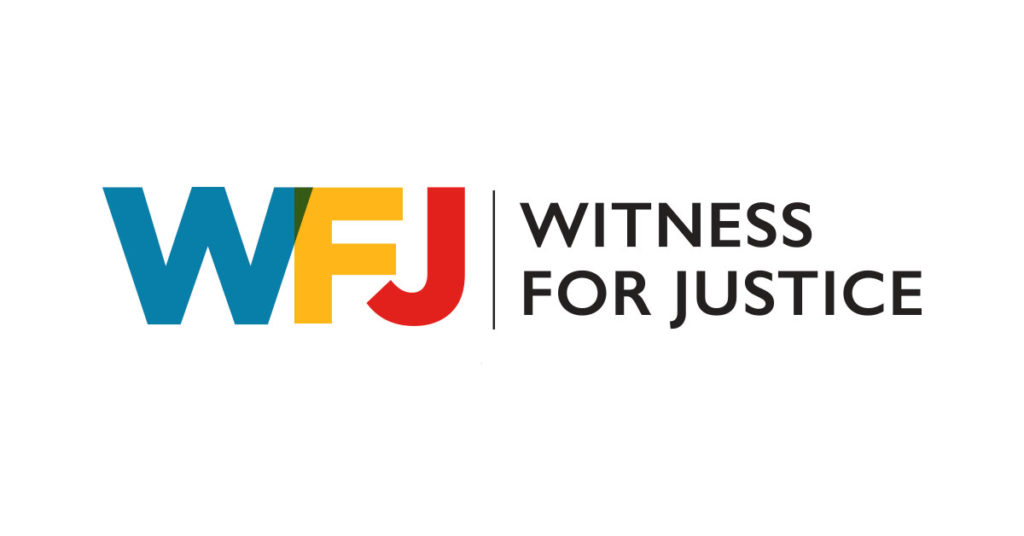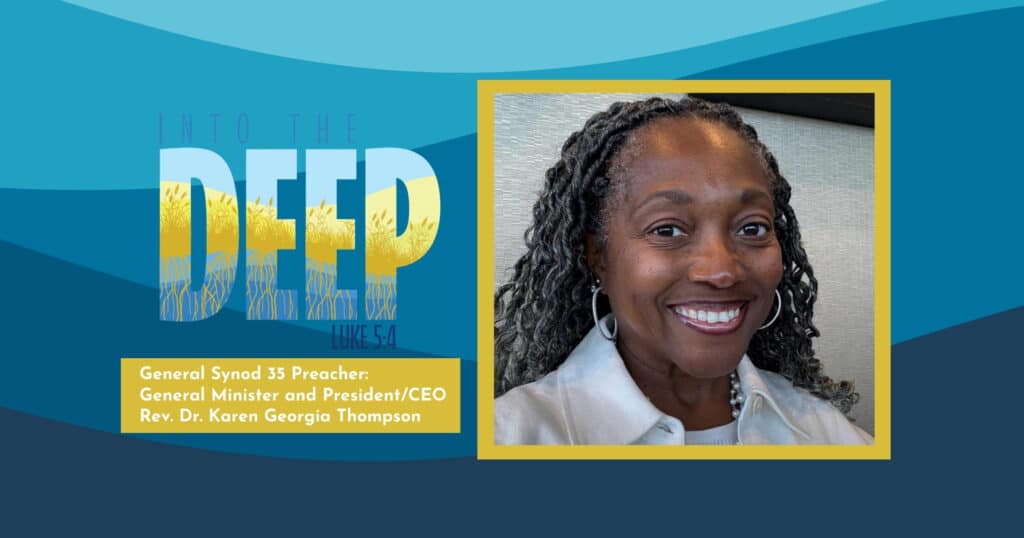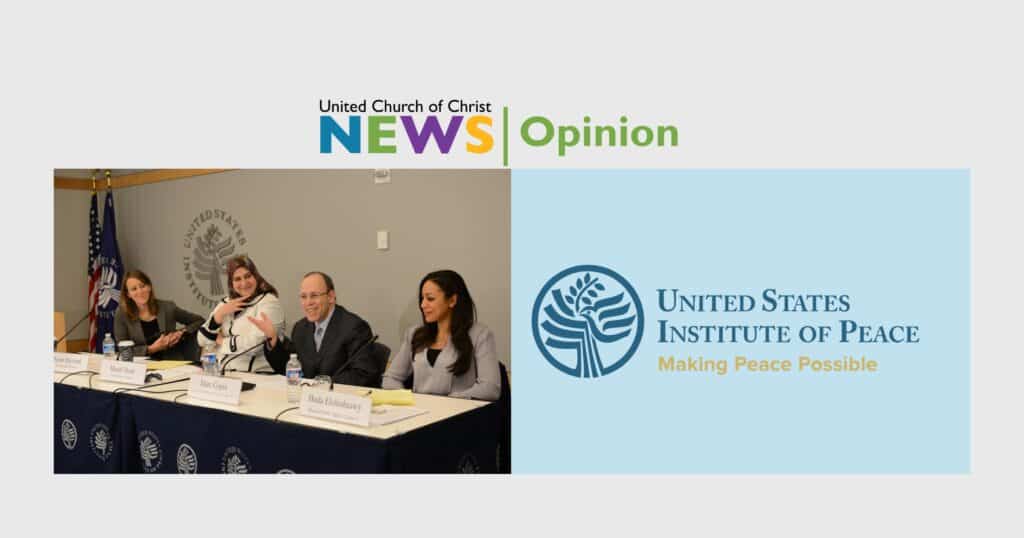Does Theology Matter?
Minister for Environmental Justice
Recently, I hosted a webinar in which a presentation by one of the panelists left me wondering whether theology really mattered when it came to addressing the climate crisis. As a logical extension of this, one might then ask, “If theology doesn’t matter with the climate crisis, then how much does it matter in general?” Before jumping further into such a thorny theological thicket, let me first explain how I—as a minister of the Christian faith no less—got this point.
As part of a webinar entitled “Evangelical Christianity and the Climate Crisis,” the presentation that sent me into brooding contemplation was given by Robin Veldman, an Assistant Professor of Religious Studies at Texas A&M University who authored a book entitled The Gospel of Climate Skepticism: Why Evangelical Christians Oppose Action on Climate Change. Because evangelicals are often misunderstood or conflated with categories such as the “religious right,” Veldman was careful to begin by defining evangelicals—who comprise 26% of the U.S. population—as generally placing an emphasis on adherence to the letter of the Bible, conversion experiences, sharing the Gospel, and Jesus Christ’s redemptive death on the cross. For myself and others in the progressive environmental audience whom Veldman addressed, another characteristic commonly associated with evangelicalism is a reading of the Genesis creation story that regards humankind’s “dominion” over creation as license for various ills such as the burning of fossil fuels. We need only think of former EPA Administrator Scott Pruitt and countless others who have espoused such beliefs.
While it is true that theology is thoroughly enmeshed with particular political views, Veldman persuasively problematized a simplistic equation whereby evangelical theology inevitably leads to climate denialism, doubt, and skepticism. Consider how evangelicals from previous eras, such as Francis Schaeffer, once extolled an evangelical environmentalism. Consider how evangelicals of color, in contrast to white evangelicals, exhibit high levels of belief in climate change. Further consider how young evangelicals exhibit higher levels of climate belief than their parents. Finally, additionally note that lurking in the background of the recent historical trend toward climate skepticism is the hugely biased and widely consumed perspective of evangelical mass media which regularly ridicules and attacks climate belief.
As I pondered all of this and considered how people on both sides of the climate fence can passionately believe that they have a responsibility to care for God’s creation, I came to the question with which I began: does theology even matter? The answer I believe is yes and no. It is clear that theology is not always determinative of crucial beliefs related to the wellbeing and fate of the world. Upon even a little reflection, surely our world contains too mixed and messy a stew of competing and combing ideas for such easy reductions.
Still, there is no denying that, for myself and billions of other persons of faith, theology matters a great deal. It is how we fundamentally make sense and meaning out of life regardless of our climate stance or political leanings. Yet, theology does not take place in a vacuum. It exists in a world pervaded with racism, beholden to media giants, and systemically structured to not only disempower young people but to also jeopardize their future in the face of enormous threats.
In short, theology exists in a matrix of power. Much is needed to bring down this matrix to create a just world, but without question one of the keys to liberation is a conscious awareness of this context as we consider the God who gives so many of us meaning.
Brooks Berndt is the Minister for Environmental Justice for the United Church of Christ.
Related News
Thompson to bring a ‘prophetic and pastoral’ message to Synod: ‘We are not all the same, but still one body’
On Sunday, July 13, the Rev. Dr. Karen Georgia Thompson will take the stage at the 35th...
Read MoreSend a prayer shawl along to General Synod 35
There’s been a buzz about Missouri, Kansas – can you hear it? It’s more of a clicking...
Read MoreOpinion: UCC pastor and former Institute of Peace Staffer calls for action in defense of peace
Editor’s Note: The United States Institute of Peace (USIP), an independent institute founded...
Read More



